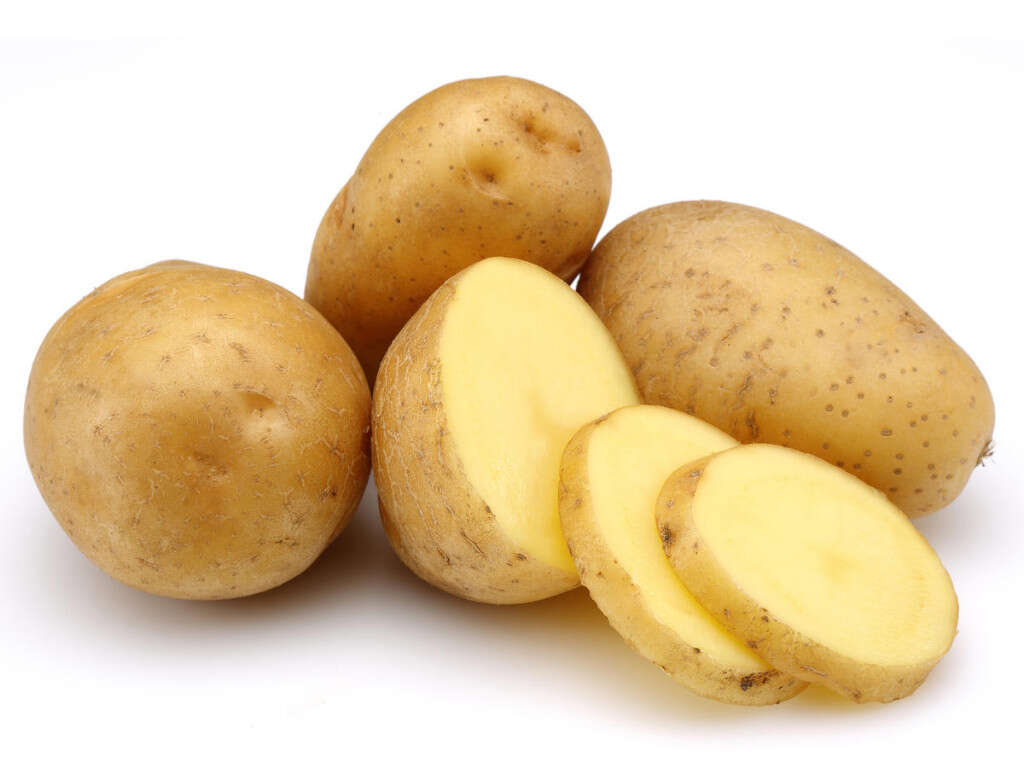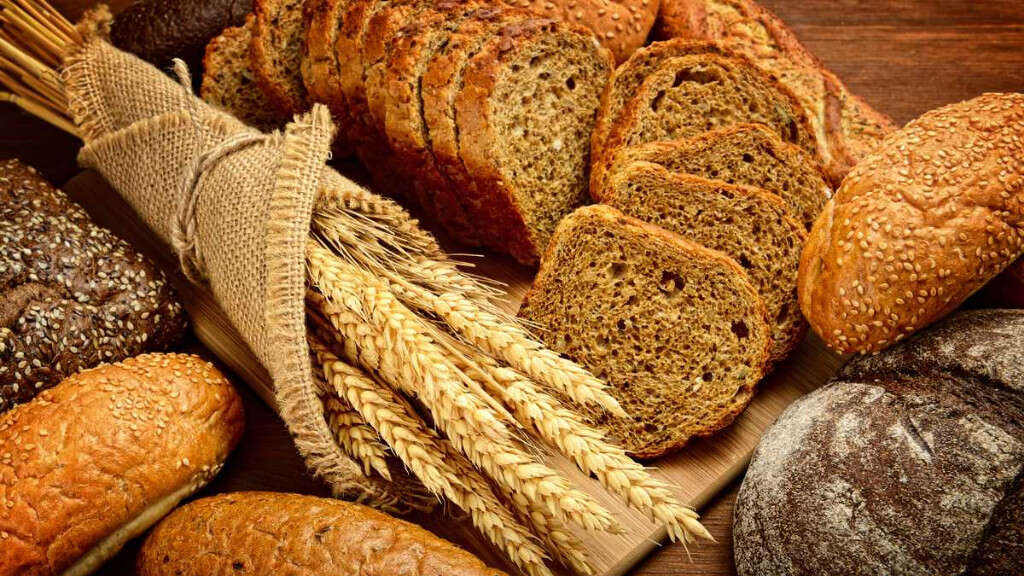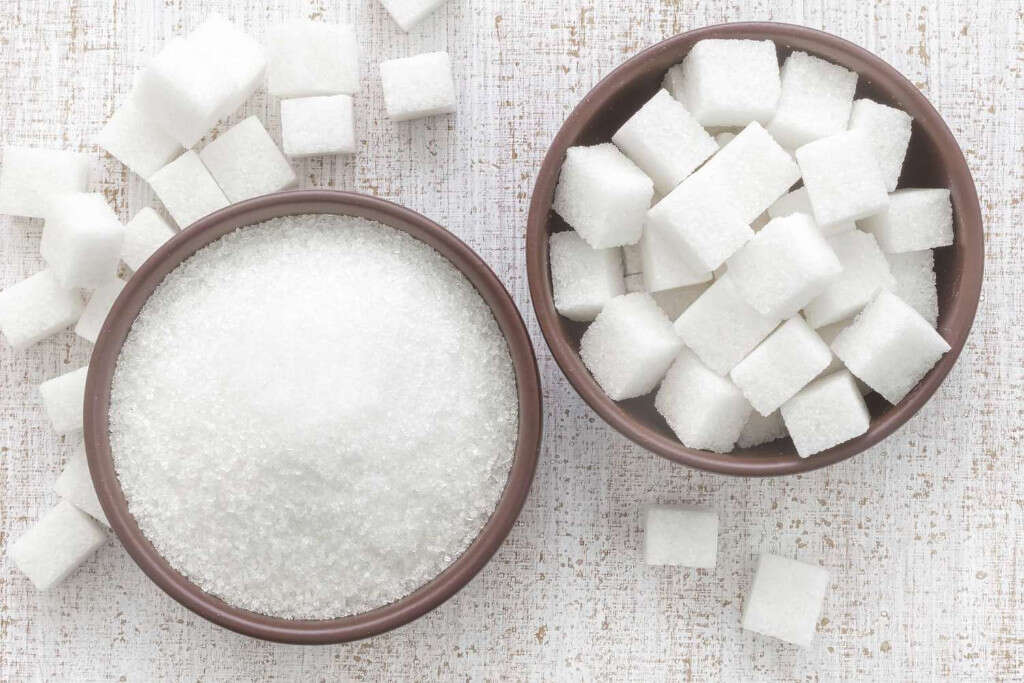10 Foods To Avoid With Arthritis
Arthritis is quite a common problem among older people. The term actually describes a wide range of conditions that lead to inflamed and painful joints in the body. The causes are just as varied. While it is most commonly found in older people, it can be found in people of all ages.
Treating arthritis is very difficult and medical professionals tend to try and soothe the symptoms as much as possible. This will often mean medication and there are some things you can do yourself to help relieve symptoms. This includes avoiding foods that will cause inflammation of the joints. Here’s a look at some of the foods you should avoid if you have arthritis.

Arthritis Food To Avoid #1: Salt
Salt is used in cooking all over the planet. It is often used as a seasoning but it also often used for its ability to help preserve food. Preserving food helps make it last longer without expiring, which helps to keep the cost of certain foods as low as possible. Unfortunately, though, salt is not good for us and can contribute to inflammation.
If you do suffer from arthritis, you should check labels first to see just how much salt they contain. Also, try to avoid adding additional salt to your food as seasoning. Other preservatives can also contribute to inflammation so try to stick to fresh, unprocessed foods as much as you can.

Arthritis Food To Avoid #2: Potatoes
Potatoes make a staple diet of many people around the world. Their flexibility in cooking means that they can be used in so many dishes. They are also often found in heavily processed snacks and other junk foods. While potatoes themselves are quite healthy if cooked right, people with arthritis might need to keep clear.
Potatoes fall under the Solanaceae family of plants. They contain a compound known as solanine, and solanine is known to contribute to inflammation. People with arthritis might need to keep clear. They might also need to keep clear of other members of the Solanaceae family, which also includes eggplant, peppers, and tomatoes.

Arthritis Food To Avoid #3: Advanced Glycation End Products
As humans, we have been cooking our food for thousands of years. We also perform other processes such as pasteurization. These alter the chemical makeup of the food in various ways that help us to consume it easier, protects us against disease and parasites, helps keep it longer, and of course helps make it taste great.
These processes, however, can produce what are known as advanced glycation end products (AGES). AGES have been shown to cause a response in the immune system, meaning the release of cytokines. Cytokines contribute to inflammation, meaning that foods with AGES should be kept clear of if you have arthritis.

Arthritis Food To Avoid #4: Wheat
Wheat is such a popular grain that there’s a good chance you have had at least one meal containing wheat in the last couple of days or so. Sandwiches, in particular, are popular and the vast majority of these are made using wheat products. Pastas are also often wheat based, as are the delicious cakes we enjoy from time to time.
There is a downside to wheat for many people, though. The grain contains a protein known as gluten, and this is difficult for a lot of people to process. It has also been shown to contribute to inflammation, meaning it should be avoided where possible by people that have arthritis.

Arthritis Food To Avoid #5: Corn Oil
Oils are very common in cooking, particularly in fast foods and snacks. Oils extracted from animal products are quite unhealthy for us so we tend to look for vegetable-based alternatives instead. These oils generally have fewer calories than animal-based oils and contain fats that are generally less harmful to us.
Vegetable oils are not without their drawbacks, though. Corn oil, in particular, is high in omega 6 fatty acids and these are known to contribute toward inflammation. Other oils that have been extracted from seeds should also be avoided where possible. Fish oils, however, are known to be able to reduce inflammation.

Arthritis Food To Avoid #6: Shellfish
The amount of shellfish you have in your diet is likely to vary according to where you are physically located. If you are near the coast or other large bodies of water, you are likely to consume more shellfish as you are simply closer to the food source. Some nations are also likely to include it in their national dishes more so than others.
As delicious as shellfish can be, though, you might need to keep clear of it. Shellfish can contribute to gout, which is a type of arthritis. It can encourage the formation of tiny uric crystals which can cause considerable pain in the joints in addition to inflammation.

Arthritis Food To Avoid #7: Dairy
One reason for the popularity of dairy is the nutrition that it provides. It is an excellent source of protein and calcium, making it valuable in helping children to develop physically as they should. It can also help to provide essential nutrition in areas where it might otherwise be unavailable.
The protein found in dairy products, however, can be a problem for some people because it can lead to inflammation of the joints. Many people with arthritis have even switched to vegan diets to avoid further inflammation of their joints. Bear in mind that should you try and cut dairy from your diet, you will need to make sure you are still getting the nutrition you need from other foods.

Arthritis Food To Avoid #8: Fried Foods
Fried foods are everywhere you look. The frying process helps to make many types of food simply delicious, even if they are not good for us. Fried foods contain a lot of fats and this can contribute to obesity and other health problems. They can also contribute to the inflammation of joints in people that suffer from arthritis.
In addition to reducing inflammation, cutting fried foods from your diet can also improve your health overall. It can help obese people to lose weight which can also help directly in reducing discomfort from arthritis. Try to stick to healthier options instead where possible and you will become much healthier overall.

Arthritis Food To Avoid #9: Sugar
Many of our favorite foods are deliciously sweet. This sweetness is likely to have come from refined sugar, and this is problematic for us. We simply have not evolved to be able to process refined sugar in the quantities we eat it. Instead, it gets converted into fat and stored in the body. This is one of the leading causes of obesity in the world.
The problems don’t stop there for people with arthritis because refined sugar can also contribute to inflammation of the joints. To reduce the amount of sugar in your diet, try to avoid processed foods that tend to use it in high quantities. Also try to stop putting it in your tea and coffee, perhaps using alternatives such as honey instead.

Arthritis Food To Avoid #10: Alcohol
If you have arthritis and you enjoy the occasional tipple, you might need to reconsider your habits. Alcohol can contribute directly to gout, a particular type of arthritis. What’s more is that alcoholic drinks are likely to contain other ingredients that can contribute to inflammation of the joints. You could at least consider switching to varieties that contain fewer ingredients that can cause inflammation.
Drinking often goes hand in hand with smoking, and smoking can also make things worse for people with arthritis. If you can, you really should try to quit both or at least reduce how much you partake in them.












